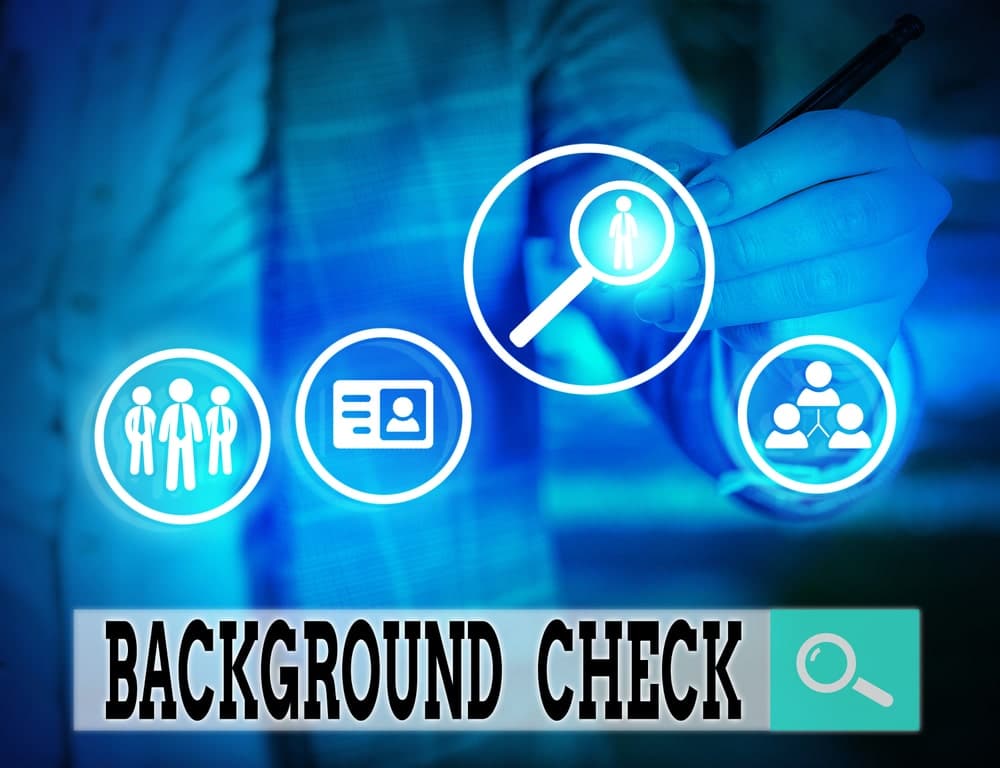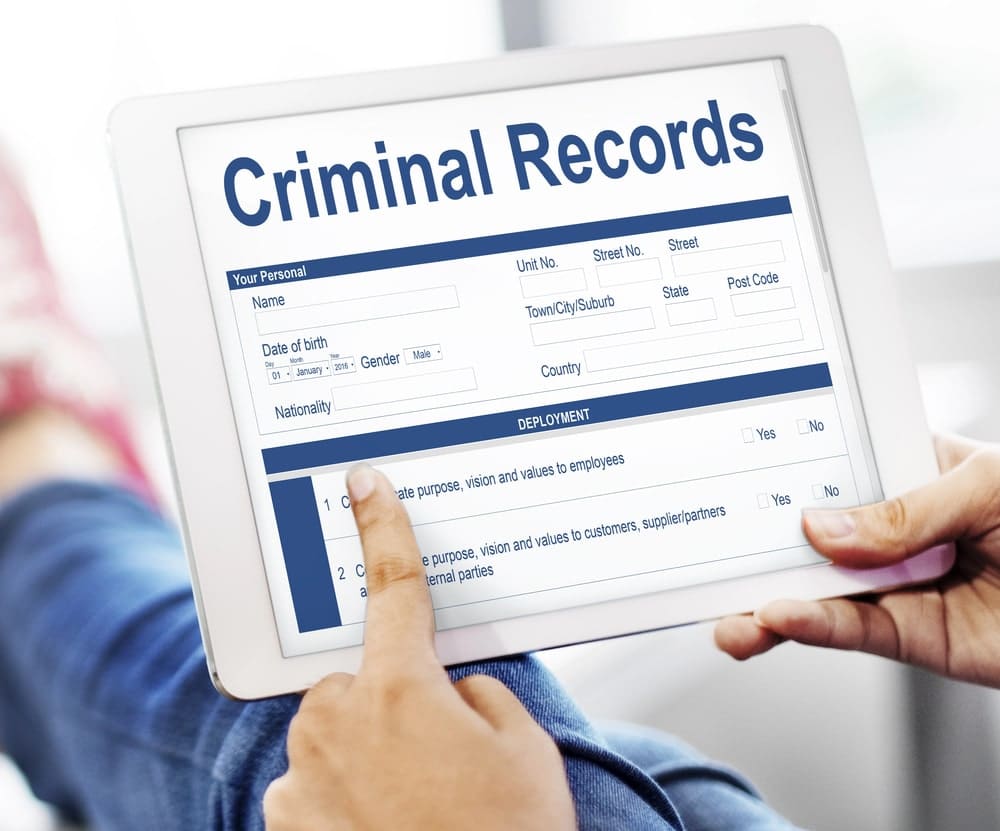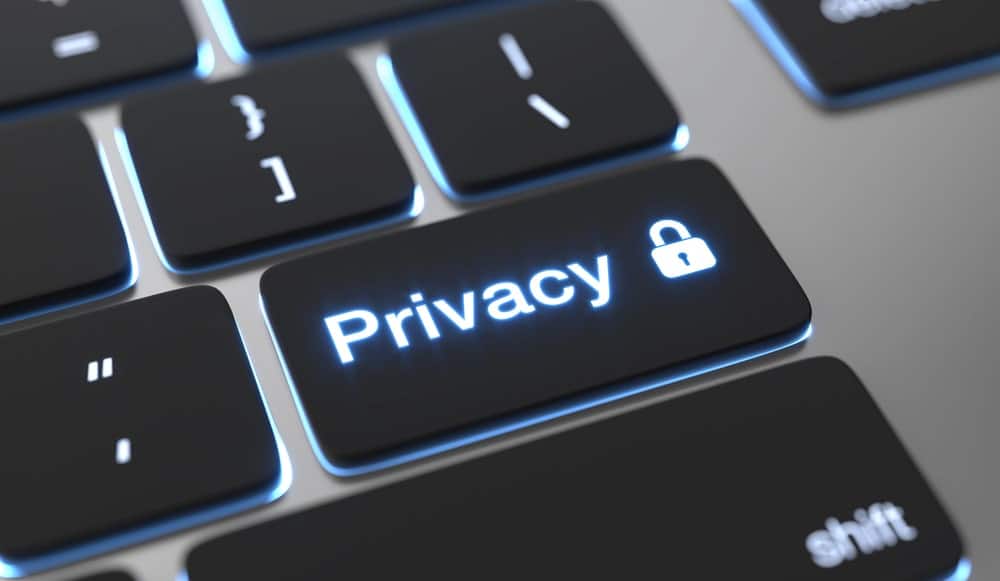For Washington employers, background checks are a key part of building a safe and trustworthy workforce. These reviews help confirm a candidate’s qualifications, reduce workplace risks, and ensure compliance with both federal and state laws. Employers who follow the correct process not only protect their organization but also create a fairer hiring system.
WA background checks must be conducted within a strict legal framework, including the Fair Credit Reporting Act, RCW 19.182, and Seattle’s Fair Chance Employment rules. Navigating these requirements can be complex, and mistakes carry real risks.
This guide explains the legal standards governing background checks in Washington, how compliance protects your business, and why working with professional investigators ensures accuracy at every step.
What Is a Background Check in Washington?
Purpose and Scope
In Washington, background checks help employers confirm whether a candidate is qualified, reliable, and safe for the role. They must comply with the Fair Credit Reporting Act and RCW 19.182, covering areas such as credit history, employment records, and investigative reports on reputation or character.
Investigators as CRAs
Licensed private investigators frequently serve as Consumer Reporting Agencies (CRAs). By law, they must provide disclosures, obtain written consent, and give applicants the chance to dispute errors. For employers, this ensures reports are accurate, verifiable, and legally defensible — avoiding liability tied to outdated or incomplete information.
Local Overlay (Seattle Rules)
Seattle’s Fair Chance Employment Ordinance sets additional rules. Employers cannot review criminal history until after making a conditional job offer. If history leads to rejection, employers must show a valid business reason and give applicants a chance to respond.

Common Areas Employers Must Review
Identity and SSN Trace
To begin, employers must confirm a candidate’s legal identity and check for aliases. They then use address history as a guide for more detailed criminal and court searches.
Criminal Records
Washington State Patrol WATCH and county courts provide criminal record checks. These searches cover felony convictions, misdemeanors, and pending cases. Arrests without convictions have limited use in employment decisions.
Sex Offender Registry
Employers may review the public sex offender registry. This step is especially common in healthcare, childcare, or roles with vulnerable individuals.
Employment History
Employers verify past jobs, positions, and dates with prior employers, and when possible, they also confirm rehire eligibility or performance to ensure accuracy.
Education Verification
Schools confirm diplomas, degrees, and attendance records directly. Contact with registrars ensures authenticity and helps prevent credential fraud.
Professional Licenses
Licenses for medical, real estate, or contractor roles are validated. Washington’s Department of Health and Department of Licensing maintain these records.
Driving Records
Employers obtain an Abstract of Driving Record from the Department of Licensing. These checks evaluate safety risks in driving or transportation positions.
Credit History
Credit checks apply only to roles that are substantially job-related. Washington law restricts employers from using credit reports for general hiring.
DOT/CDL Checks
Commercial drivers must clear Federal Motor Carrier Safety Administration queries. Records include drug and alcohol testing history with mandatory pre-hire reports.
Timing and Consent Rules
Conditional Offer Stage
Employers in Washington cannot check criminal history until after making a conditional job offer. This requirement makes sure that the hiring decisions focus first on qualifications and skills. It also helps employers stay compliant with state law.
Seattle-Specific Rules
Seattle adds restrictions through its Fair Chance Employment Ordinance.
- Employers must show a legitimate business reason to reject based on convictions.
- Written notice must be provided.
- Applicants must be given a chance to explain.
Written Authorization
Consent is mandatory before any background check begins. Applicants must sign a clear, stand-alone form authorizing the process.
- Disclosures cannot be hidden in application paperwork.
- Authorization cannot be bundled with unrelated documents.

Criminal Record Standards and Limits
Arrests vs. Convictions
Washington law makes a clear distinction between arrests and convictions. Employers cannot base a rejection solely on an arrest without a conviction. Instead, decisions must focus on recent convictions that are directly related to the role.
Reporting Limits
Dismissed or non-conviction cases cannot be reported after seven years. Convictions may remain reportable indefinitely if they connect to the role. This balance protects workplace safety while ensuring fairness for applicants.
EEOC Guidance
Employers must weigh multiple factors before disqualifying candidates. These include offense seriousness, time since occurrence, and job relevance. This evaluation prevents blanket exclusions and encourages consistent, fair treatment.
WA Restrictions
Juvenile records cannot be used in Washington hiring decisions. Employers must provide notice and allow candidates time to respond before rejection. These rules reinforce transparency and support fair applicant review.

Privacy and Content Restrictions in WA
Credit Reports
Credit checks in Washington are restricted under RCW 19.182. Employers must show the information is substantially job-related. These checks cannot apply broadly to roles without financial responsibility or significant trust.
Social Media Accounts
Washington law protects the privacy of personal social media accounts. Employers cannot demand passwords or require candidates to log in. Instead, only public-facing content may be reviewed during background checks.
Cannabis Use
State law recently added new protections for cannabis use. Since 2024, lawful off-duty use cannot disqualify candidates. Tests showing only non-psychoactive THC metabolites are not valid reasons for rejection.
Key WA Data Sources Investigators Use
Washington State Patrol (WATCH)
The Washington State Patrol offers the WATCH system for conviction history, pending arrests, and registered offender status.
- Fingerprint-based checks are available for stronger identity confirmation.
- Provides reliable foundations for accurate background reports.
County Court Records
County-level court searches confirm identifiers and clarify case outcomes when database hits appear.
- Verify charge levels, sentencing, or dismissals.
- Prevent reliance on incomplete or misleading data.
Driving Records
The Department of Licensing issues Abstracts of Driving Records with the candidate’s consent.
- Common for transit, delivery, and safety-sensitive roles.
- Highlight risks that broader database searches may miss.
Professional License Searches
State licensing databases verify credential validity.
- Department of Health and Department of Licensing track restrictions or disciplinary actions.
- Essential for regulated roles requiring professional standards.
DOT/CDL Records
The FMCSA Clearinghouse provides drug and alcohol violation history.
- Federal law requires annual and pre-hire queries for all commercial drivers.
- Ensures compliance and protects public safety.

Role of Private Investigators in WA Background Checks
Accurate Data Gathering
Professional investigators rely on primary government sources to reduce errors. They confirm court outcomes directly instead of incomplete databases. This method ensures accuracy and strengthens the reliability of every background report.
Compliance Guidance
Investigators help employers apply federal, state, and local standards correctly. Their guidance reduces risks of discrimination claims or costly penalties. Employers gain confidence knowing hiring practices remain consistent and legally compliant.
Tailored Reports
Reports are customized to highlight only job-relevant information. Investigators exclude restricted or unnecessary details that employers cannot legally use. This approach protects applicants while still providing employers with essential insights.
Candidate Communication
Investigators guide employers through pre-adverse and adverse action requirements. They supply templates that meet legal standards for communication. Applicants then receive clear instructions for disputing results when errors appear.
Conclusion
“Washington background checks protect safety, confirm qualifications, and keep hiring practices compliant with the law. By following the proper procedures, employers not only reduce legal risk but also ensure their hiring decisions are defensible and consistent. This compliance builds trust, strengthens workplace integrity, and gives employers confidence that every decision is based on accurate, verified information.
Private investigators strengthen this process by verifying records directly at the source. We ensure accuracy, reduce errors, and provide tailored guidance on complex background check laws. With professional support, employers navigate criminal history, privacy rules, and consent requirements more effectively.
At KCA Investigations, we understand that background checks in Washington can feel complex and overwhelming. Our experienced Seattle private investigators provide clear, accurate, and compliant information to help employers make informed hiring decisions. Contact us today at (971) 804-8993 to speak with a licensed investigator and learn how we can help with WA background checks.
